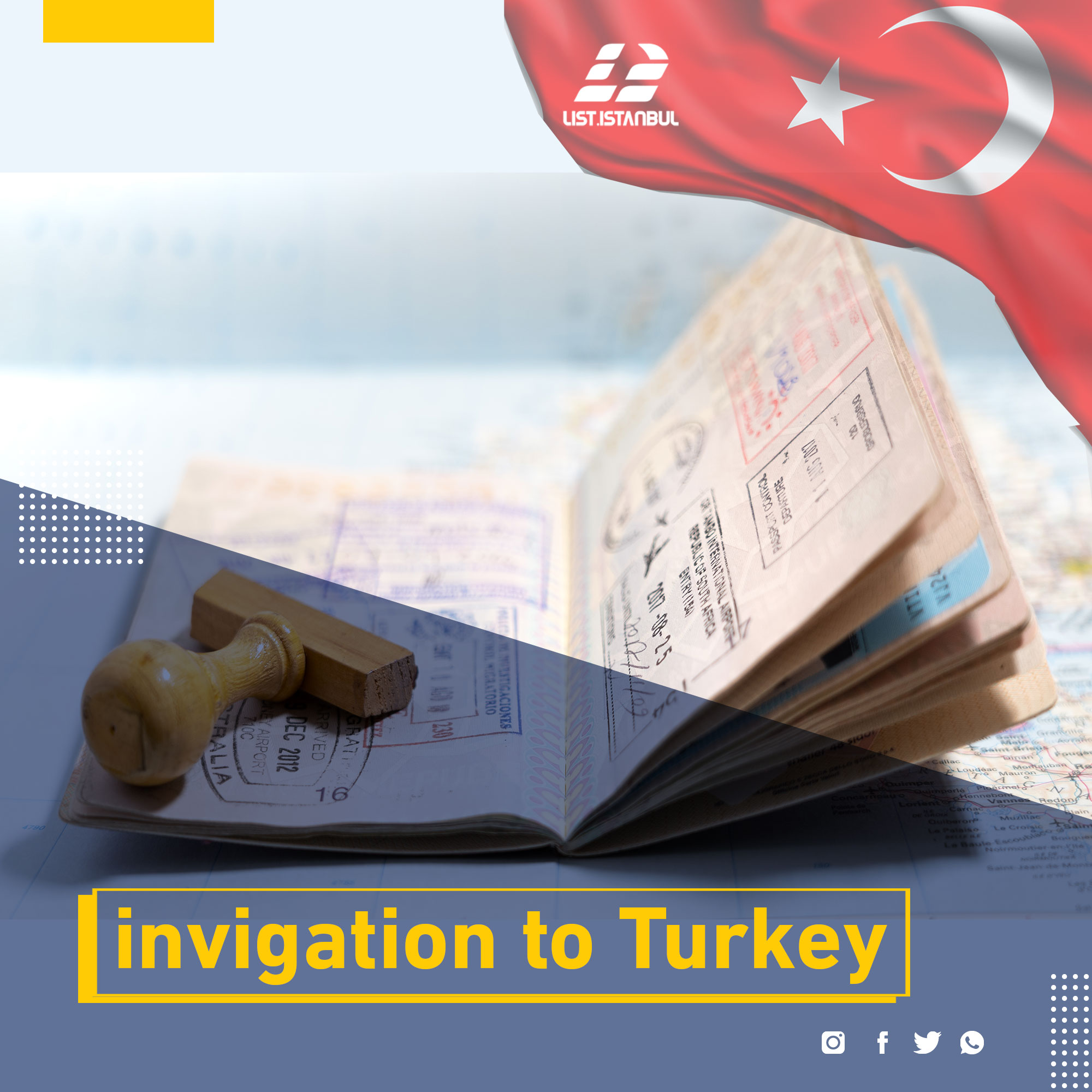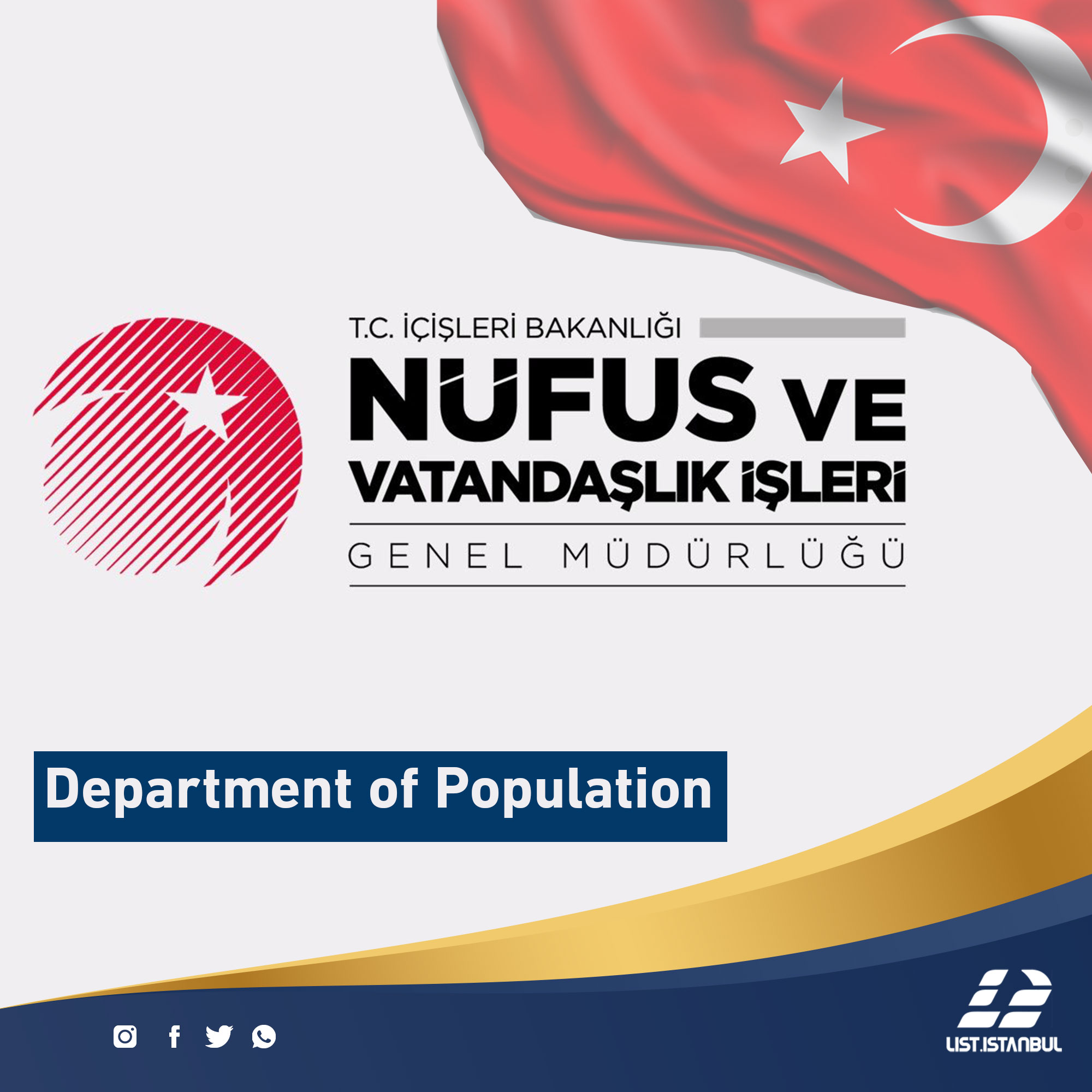Turkey's modern experience in promoting the state and society is one of the most important models of regional, Islamic and even international development. The first decade of the third millennium witnessed a huge educational, economic and political boom. Turkey plans to have 500 universities in the republic in 2023. Turkey has about 100 thousand professors. A university professor rarely works outside his university. The classification of Turkish universities in 1981 was the number 42 among the world's universities in the field of scientific research. In 2008, Turkey occupied the 18th rank among the countries of the world in scientific research. Thus, Turkey progressed according to scientific reports and standards to measure the rate of progress in scientific research, including publishing in international scientific journals, obtaining patents, scientific creativity, , And this is the following aspects:
Turkey is politically and economically stable. It is the sixth largest economic power in Europe and 16 in the world. Perhaps the most important reason why Turkey is the kiss of education is the quality and effectiveness of study in Turkey and the low cost of living, as well as the low cost of tuition fees in universities and language institutes compared to Western countries. Turkish educational institutions have a high international reputation as well as global recognition in a large number of countries.
Turkey has succeeded in attracting a large number of international students by focusing on opening the doors of study and scientific and cultural cooperation with many countries that exceeded 176 countries representing different nationalities and ethnicities. The Turkish government has also been interested in providing all conditions to attract them through official grants and the allocation of their own seats. Simplifies visa and residence procedures.
Most of the Turkish cities include universities and colleges thanks to the increase in the number of universities from 76 universities 10 years ago to 170 universities, and is scheduled to reach 500 universities by 2023. Higher education is monitored and managed by the Higher Education Council (YÖK).
Turkey has more than 4 million students, including more than 50,000 foreign students. The number of foreign students arriving in Turkey is doubling at the beginning of every new school year. The language of teaching Most universities taught in Turkish. But many public universities in certain disciplines are taught in English, and private universities are mostly taught in English.
Thanks to the government policies adopted during the past ten years, the Turkish universities have identified a quantum leap which has made it an important ranking in terms of the ranking of universities worldwide, with the selection of 6 Turkish universities on the list of the top 500 universities in the world. (Middle East Technical University 375, Ige University 467, Hajjah Tuba University 489, Ghazi University 493, Ankara University 496, Istanbul University 497).
The independence of the universities and not subject to ministerial changes, and who sets plans and programs of higher education is the Supreme Council of Universities, the Ministry and the administration of universities are the executive bodies only. This will achieve the stability of policies and educational plans, as well as achieving transparency, scientific and clear and follow-up and accurate accounting of the stages of implementation, and the establishment of bodies watching each other.
Turkish universities are characterized by discrimination in terms of the method and mechanisms of their establishment. They apply a principle called "multiple creative concurrent solutions" when establishing a new university. A policy and plans are formulated to solve several problems and achieve several local, national, cultural and scientific objectives. The university must be self-reliant in providing all its material and commodity requirements, and it must open the fields of work for its graduates after graduation. The site of the university is also chosen in the backward or random areas, which are planned for development and advancement, or even in the desert to attract urbanization next to it, and preceded by the construction of a number of different factories, which ensures the establishment of new factories to ensure jobs for many of the workforce, To create a vital area for the work of graduates, and this is the meaning of creative solutions synchronized, solving the problems of educational and economic backwardness, unemployment and poverty, so that it is treated in an integrative and comprehensive manner.
It is incumbent upon any university that is established to work in partnership with a European or American university in all stages of higher education, provided that the partnership is in the systems of courses, activities, skills, abilities and examinations.
To benefit from the Turkish scientific expertise migrating or working abroad, in building universities and preparing quality programs, and in following up and evaluating the scientific, educational and academic work of the universities.
The most important factor in the success of the Turkish model in education is the contribution of charity and charities to supporting the educational process. It has built schools and universities, provided scholarships, contributed to the printing of scientific publications, constructed and supervised student housing. Teaching and supervising foreign languages. This is in addition to supporting scientific research, and the scientists involved in scientific activities and organizing seminars and scientific conferences inside and outside Turkey to contribute to the creation of a real scientific environment.








